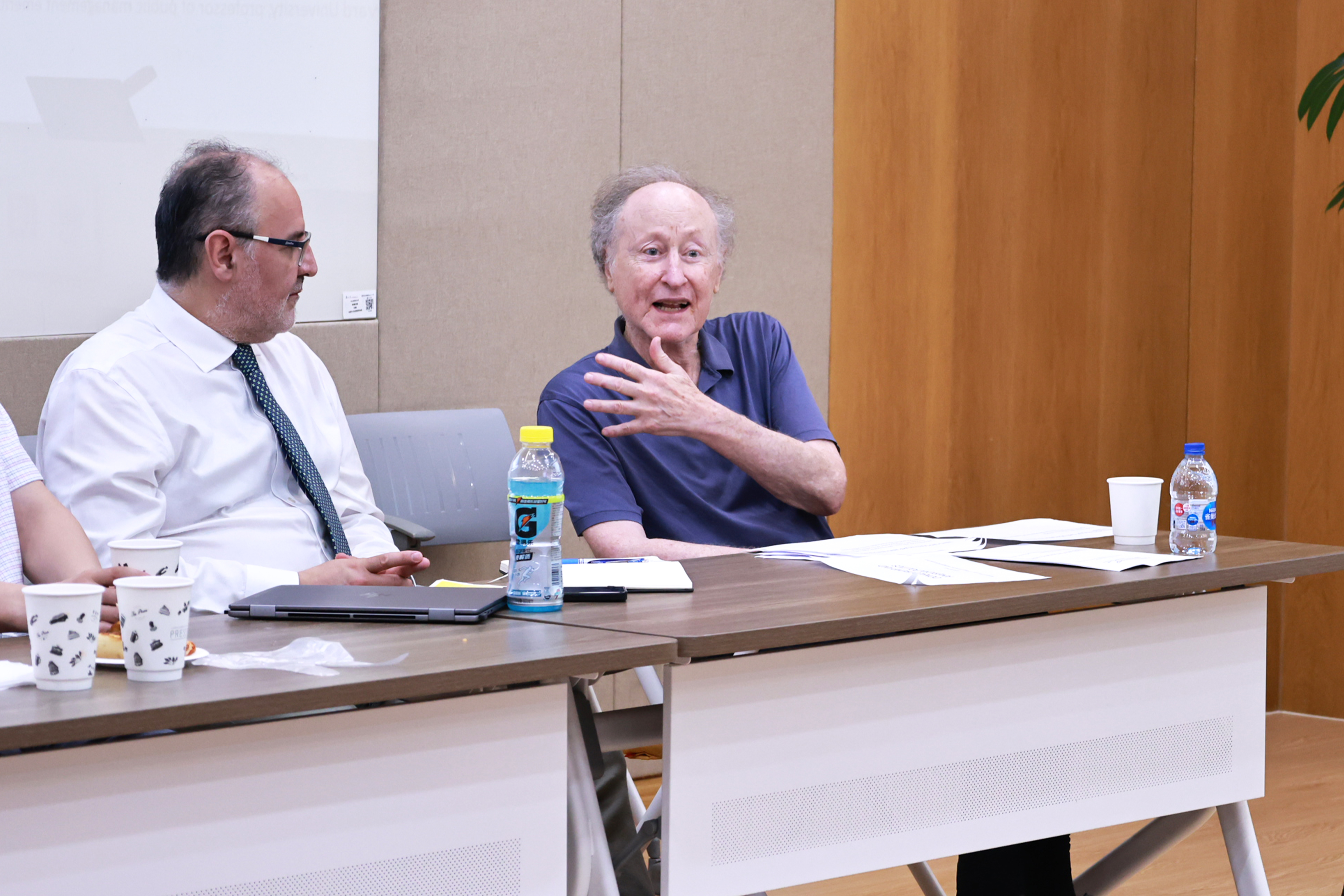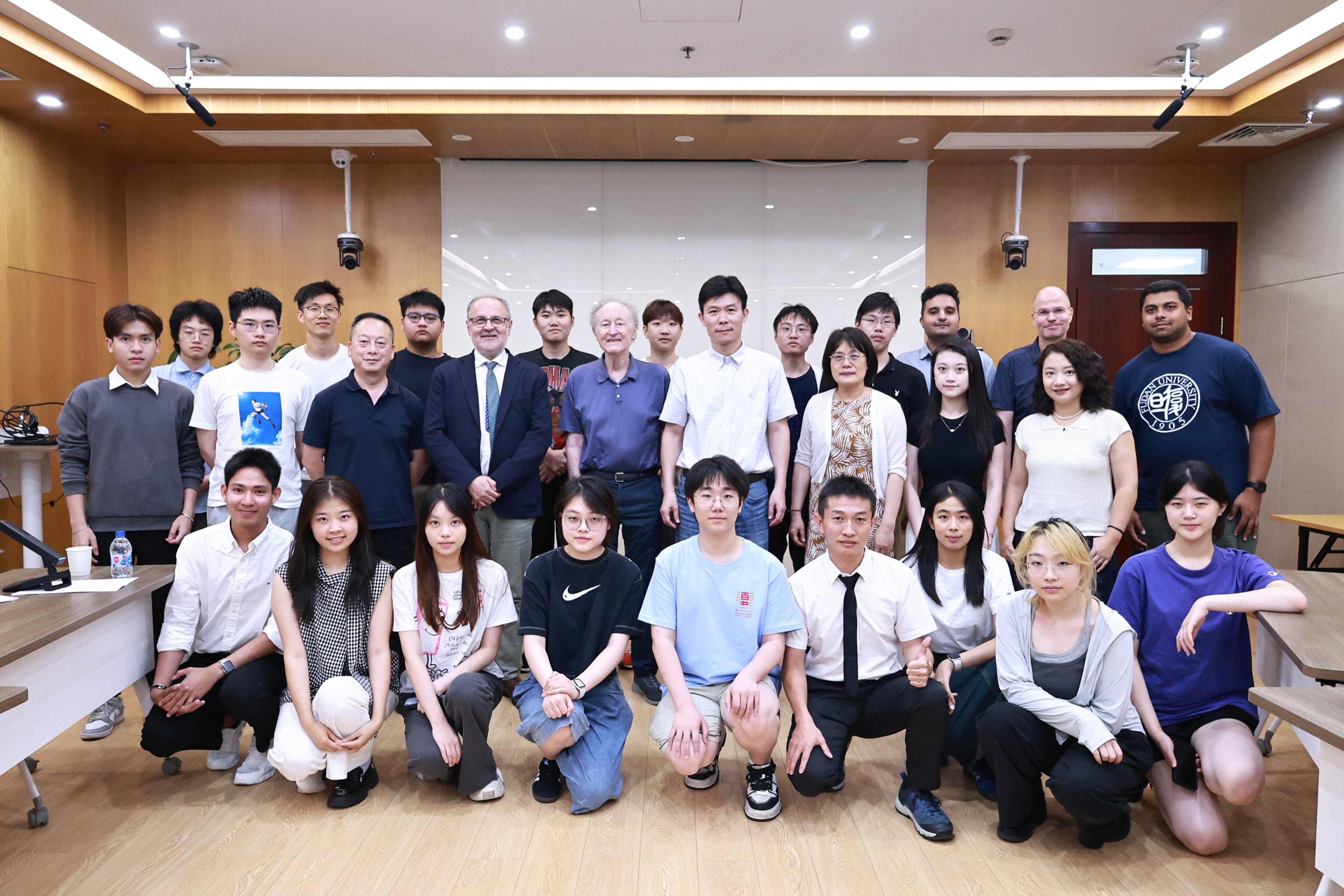Events



On June 30, 2025, the Fudan Institute for Global Public Policy (IGPP) organized the 23rd lecture of the Fudan-Arab Lecture Series. Professor Steven Kelman from Harvard University delivered a lecture on the theme of Donald Trump and American Politics. The session was chaired by Dean Yijia Jing of IGPP.
Professor Kelman is the Weatherhead Professor of Public Management at John F. Kennedy School of Government from Harvard University. He is the author of many books and articles on the policymaking process and on improving the management of government organizations. He currently serves as editor of the International Public Management Journal.

At the beginning of the lecture, Professor Kelman approached the topic from the perspective of the current polarization in U.S. political opinion. Using recent publicly available data, he examined differences in political attitudes across age, gender, and education groups, noting how these patterns reflect social stratification and value divergence. This provides a lens to understand contemporary U.S. political dynamics. Professor Kelman emphasized that international trends in gender and age, revealing underlying social hierarchies and cultural tensions.
He then discussed issue salience and mobilization mechanisms, identifying social issues, differential trust in institutions, and cultural factors as key variables influencing voter preferences. Drawing on longitudinal group voting data, he analyzed the fundamental role of economic factors in shaping voting behavior. He stressed that it is crucial to consider the interactions between multiple issues, the influence of media, and variations in local political contexts to understand the complex combinations of policy preferences.
During Q&A session, students and faculty raised questions on public policy formation, institutional functioning, and governance practices. Professor Kelman responded by integrating considerations of institutional constraints, legal procedures, and historical experience, noting that public policy often reflects a balance of multiple objectives and incremental adjustments under the rule of law and procedural frameworks.

After the lecture, Professor Jing presented a commemorative gift to Professor Kelman. The event concluded with a group photo of the faculty and students.